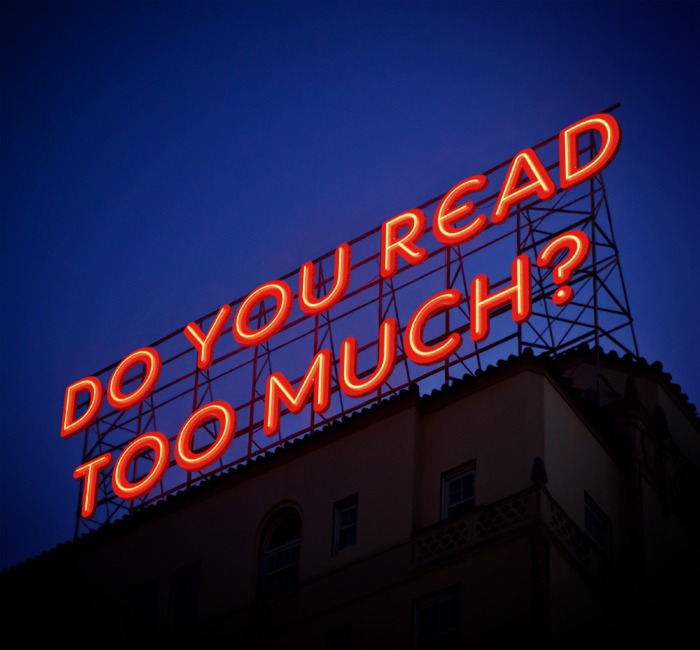Recognizing the difference between a cultural “trend” and a “phenomenon” is an important skill of anyone working in book publishing, both employees of publishers and authors. Why? Because book publishing in virtually every form does a very poor job responding to a phenomenon, which is generally short-lived. Often a phenomenon has come and gone before a book can be written and published on the subject. If you don’t know the difference between the two, it could be frustrating.
Some publishers are built around fast-turnaround publishing, like a book honoring the winner of the Super Bowl that is available to fans within a month after the game. Most publishers are not set up to do that kind of work.
A phenomenon comes and goes, leaving no tracks. Social media and the internet in general have created more “fifteen minutes of fame” situations than ever before.
Writing about a phenomenon can be enticing for an author. You see a hot, popular topic in the moment and an opportunity to sell a lot in a short time. But authors and publishers, more often than not, will catch the phenomenon in its downhill slope and be disappointed in the results. Rarely does a book catch the “wave”. Other media are better at doing that. Even self-publishing struggles to catch a wave as it still takes time for an author to craft 50,000 well-chosen words.
Writing about a phenomenon is still okay, you simply need to know the risks involved and recognize that the book will not be selling long-term.
As a writer, how do you determine whether a certain issue is a phenomenon or trend? How can you tell if it something worthwhile to address in a book rather than a blog post or an article in some other media?
Here are some ways to differentiate them:
- A phenomenon receives all sorts of media coverage. Trends do not…you need to dig for them.
- If it is spectacular and cool, it is probably a phenomenon. Trends can be subtle.
- A phenomenon is generally unexplainable. A trend can be studied and even predicted to an extent.
- A phenomenon can be described as, “This too shall pass.” Trends are, “This will change things.”
Examples of each would be:
- A trend is that sales of popular music continues to grow among young people. A phenomenon is Justin Bieber.
- Leisure suits were a phenomenon. Increased use of synthetic fibers in clothing was the trend.
- Increasing use of social media is a trend. A particular social media is a phenomenon. (technology speeds up the life-cycle of companies. Anyone use MySpace?)
- Increased use of technology in all areas of life is a trend. A particular piece of technology is a phenomenon. (The iPad didn’t exist five years ago)
- What is happening in A church is a phenomenon. What is happening in THE Church is a trend.
Often, a publisher or agent will review a proposal and see it as a phenomenon. It is still valid to be addressed in writing, but maybe not in a book that releases 6-12 months from now. They might suggest an article or blog post…or self-publishing if they are unable to respond quickly enough.
Sometimes a phenomenon will last long enough to be written about in books. But if your goal is to create a book that spans the decades, then you might be disappointed. Publishers or authors who focus too much on phenomena-messages have virtually no carryover in sales from year-to-year. So, like most things, balancing the approach is best.
Consider using different media tools for different messages. You will be frustrated if you think every message must end up in a printed book that someone will buy. Maybe a short eBook given away for free is better to get the message out this one time.
Like a carpenter who brings one tool to a job, one media type does not fit all.
The goal is to get something you wrote into the hands of others. There are exceptions, but books are best suited for messages about trends.











